Foods That Support Kidney Cleansing
Kidneys are critical organs in your body. They are responsible for filtering your blood, removing toxins and waste materials, and water excess. Kidneys also remove acid produced by your cells regulating the pH level and keeping the balance between water and minerals in your body. Additionally, kidneys produce hormones that regulate blood pressure and control the production of red blood cells.
Kidneys are two small bean-shaped organs that filter about 150 liters (about 60 gallons) of fluid every day. Excess toxins and harmful materials may damage the kidneys, so it is of vital importance to keep your kidneys healthy.
Keeping your kidneys healthy requires a kidney-friendly diet. Choose foods that help your kidneys function and avoid those that may cause damage to them. But What foods support kidney health? Here we will review some of the best foods that Support kidney cleansing.
Este artículo también está disponible en Español
Kidneys, how do they work?
Your kidneys are made up of about a million filtering units called nephrons. Each nephron includes a filter, called a glomerulus, and a tubule.
The nephrons function through a two-step process. The glomerulus filters blood through its thin wall, giving way to the tubule for smaller molecules, water, waste, and fluids. The tubule then returns the necessary substances to the blood, and the waste becomes urine.
Kidney health can be affected by heart disease, high blood pressure, diabetes, and obesity. But the damage to the kidney may remain silent for a long time, showing no signs until later stages. You may not know of damage to your kidneys unless you test them.
12 foods to protect and cleanse your kidneys
The most common kidney diseases are chronic kidney disease (known as CKD), and kidney stones. If you want to protect your healthy kidneys, you may look into this list of 12 kidney-friendly foods:
Drink Water
Every part of your body needs water to function properly. From our blood system carrying glucose, oxygen, and nutrients to cells, to the kidneys getting rid of waste products, water is vital to allow these to occur. Keeping your body well-hydrated will help you be healthier.
Water helps the kidneys remove wastes from your blood. It also helps blood to travel freely to your kidneys and deliver essential nutrients to them.
If you become dehydrated, you may feel tired, and affect normal bodily functions. Severe dehydration can lead to kidney damage, so it’s important to drink plenty of water, not just when you’re exercising or in a hot place. Dehydration is also one of the main risk factors for kidney stones.
Adults should drink 2 to 3 liters of water every day (68 to 100 oz, or 8 to 12 cups). And if you have kidney stones, you may rise your water intake to help speed up the process. Ask your doctor or specialist for the recommended amount of water to drink in this case.
Apple Cider Vinegar
Apple cider vinegar contains acetic acid. Acetic acid is an essential ingredient in vinegar. It is what gives it its sour taste and smell. Acetic acid is formed by the fermentation of alcohols and sugars. Its name is said to come from the fermented wine that turns sour, in Latin “vinum acre”.
Vinegar is abundant in a dilute emulsion of acetic acid. Acetic acid helps dissolve kidney stones and remove them from the kidneys. Apple cider vinegar can also help relieve pain caused by kidney stones.
Lemon juice
Lemons contain citrate, which helps prevent calcium from building up and forming stones in your kidneys. Citrate can also break up small stones, allowing them to be removed more easily. Not all fruits that contain citrates, like oranges and grapefruit, show effective protection for kidneys as lemons do.
Squeeze lemons and add them to the water to make your lemon juice, as often as you like. Lemon juice has many other health benefits, such as fighting bacteria growth, and is a great source of vitamin C.
Watermelon
Watermelon is a great diuretic that helps increase urine flow without overloading the kidneys. Watermelon helps the liver process ammonia, which is a waste from protein digestion. Ammonia eases the strain on the kidneys while getting rid of excess fluids.
Pomegranate
Pomegranate has been used in traditional medicine to help kidney function. Because of its high concentration of antioxidants, consuming pomegranate juice may decrease the risk of kidney patients developing cardiovascular disease.
It also helps to flush kidney stones and other toxins from your body.
Some research shows that pomegranate may interact with some medications, so we recommend talking to your doctor before consuming it.
Basil
Basil leaves cleanse the kidneys and lower uric acid levels. Uric acid is the root cause of kidney stones. Basil also contains acetic acid, which helps to expulse kidney stones through the urine. It also has diuretic properties, promoting the increased production of urine.
You can top whole leaves of basil on your pizza or pasta, blend it into sauces, or add it to a salad. You can also make basil juice, a smoothie, or an infusion with honey. You can also consume Basil seeds which have diuretic properties and can help to flush out toxins from the kidney.
Dates
Dates seed extract is a powerful non-enzymatic defense oil, that can help fight oxidative damage in the liver and the kidneys, preventing cell damage in your kidneys. It promotes the reduction of inflammation allowing it to continue filtering out toxins.
Dates contain melatonin, vitamin E, and ascorbic acid. Adding dates to your diet can help to reduce kidney damage.
Dandelion Leaves
Dandelion has traditionally been used for urinary disorders, among other diseases. Dandelion leaf is an herb used for stimulating the kidneys and helping them to function properly, and to treat fluid retention.
Dandelion leaf is a natural diuretic. Although a loss of potassium in your body is a usual effect of diuretics, dandelion leaf is one of the best natural sources of potassium and is therefore a perfectly balanced and safe diuretic.
You can add Dandelion leaves to your salad, or sauce, or make your juice or infusion.
Pineapple, good or bad?
Pineapple is a delicious fruit packed with nutrients that are of great benefit to the kidneys. Nutrients in pineapple include Vitamins C and B6, manganese, and Bromelain. Both Vitamin C and Bromelain are anti-inflammatory agents that can help reduce the inflammation caused by damaged cells.
Pregnant women and people with bleeding disorders, high blood pressure, and liver or kidney disease should not take bromelain. Bromelain may increase the risk of bleeding during and after surgery.
Garlic
Garlic is loaded with many nutrients that help to improve kidney function. People with kidney diseases can benefit from garlic properties. A compound derived from crushing garlic, allicin, may play a role in chronic kidney disease, improving renal dysfunction and reducing blood pressure and oxidative stress.
Garlic also has diuretic properties and helps the kidney to remove excess toxins and minerals through urination.
Research shows that garlic has a protective effect by reducing the accumulation of heavy metals in the liver, kidneys, and bones. Also, regular consumption of garlic has been shown to reduce histopathological damage.
Parsley
Parsley is a powerful natural diuretic, which can increase urination and prevent kidney stone formation. The research found that parsley helped increase urine volume and decrease urinary calcium excretion. It can also reduce your high blood pressure, helping to keep your kidneys healthy.
Parsley is also great for cleansing the kidneys, as it helps to remove heavy metals.
Parsley can be used in many ways in your diet, adding it raw to salads, pasta, soups, making juice or smoothies, or as an infusion.
Corn Silk
Corn silk is the thread-like strands that grow inside the husk of corn. It has been used in traditional medicine for hundreds of years to treat urinary problems and as a stimulant.
Corn silk is also used for bladder infections, inflammation of the urinary system, inflammation of the prostate, kidney stones, and bedwetting. It is also used to treat congestive heart failure, diabetes, high blood pressure, fatigue, and high cholesterol levels.
You can take it as an infusion. Take one cup of the standard infusion up to six times daily for cystitis, urethritis, benign prostatic hyperplasia, fluid retention, and kidney stones.
Conclusion
The kidneys are small organs responsible for vital functions like filtering waste products, removing excess water and other impurities from the blood, and regulating the pH, salt, and potassium levels in your body. They also produce hormones that regulate blood pressure and control the production of red blood cells.
Maintaining kidney health is very important to your health. With healthy kidneys, your body will eliminate toxins and waste material properly and efficiently.
Drink plenty of water to keep your body well-hydrated. This will help your kidneys to remove wastes from your blood and helps blood to deliver essential nutrients to them.
Add foods to your diet that supports your kidney health, like those we have reviewed in this article. Remember to choose organic foods to avoid exposure to toxins and harmful components, and to get the best quality nutrients.
Ask your doctor to monitor your kidney function regularly. Be sure to have regular checkups and report any unusual symptoms.

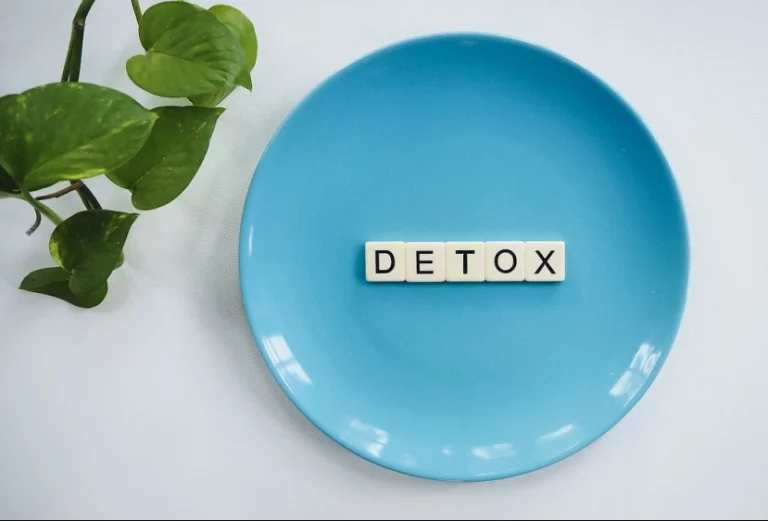

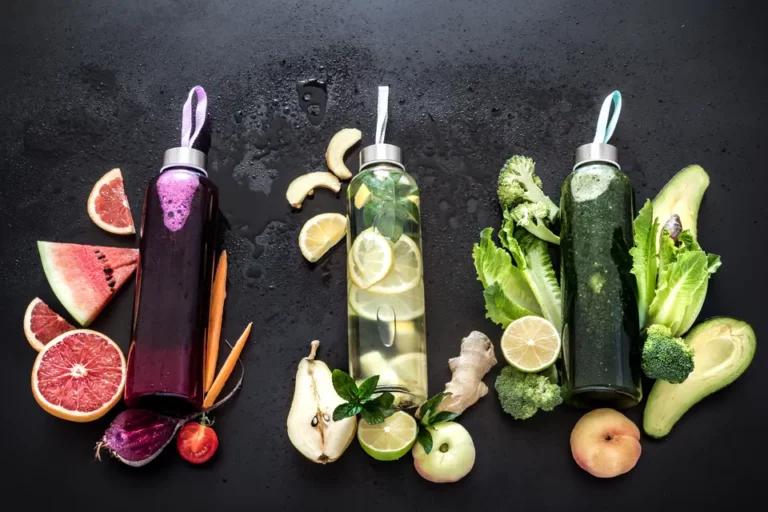
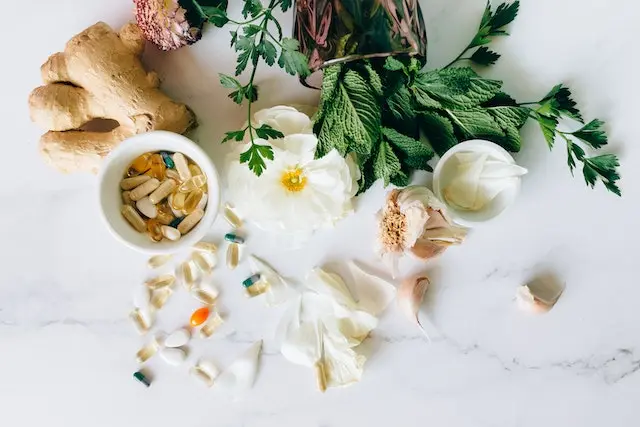
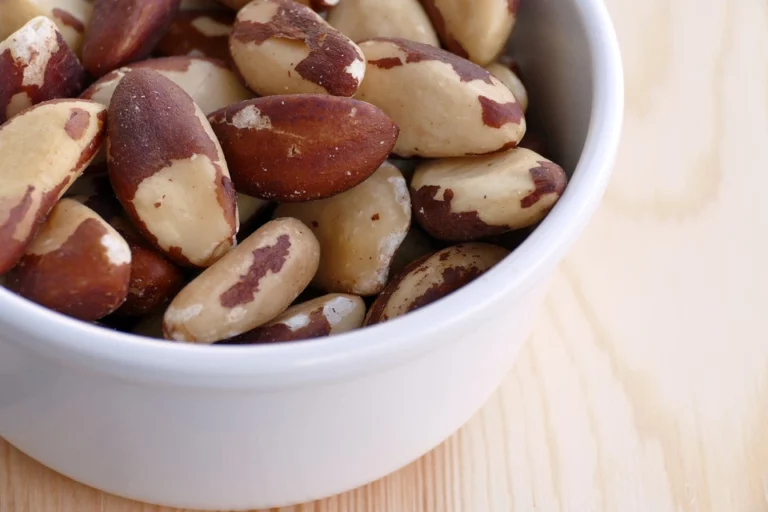
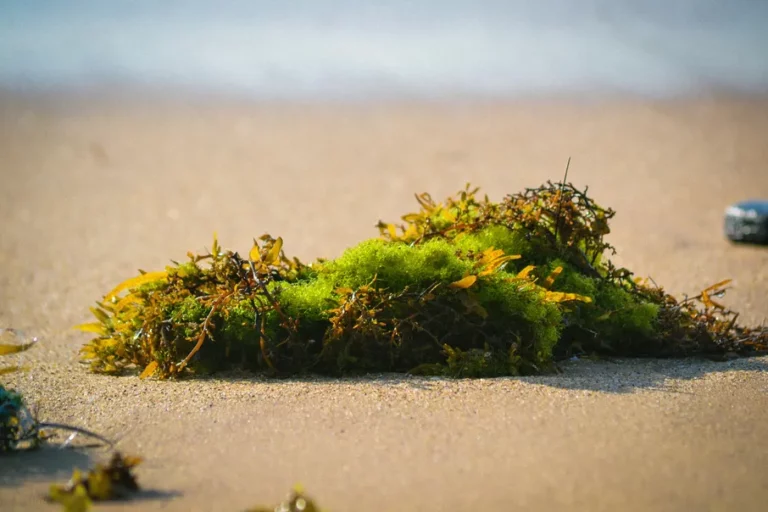
Great information thanks for sharing. The liver is such an important organ we need to look after it.
Even though the liver is capable of keeping itself cleansed it is good to help it along we are exposed to so many toxins in our food.
Cheers
Bryan McHeyzer
It’s good to hear that you found it informative. It is impressive to see the great capacity of our bodies to stay clean. However, we put him under so much pressure due to our way of life and diet, that it is good to give him some help.